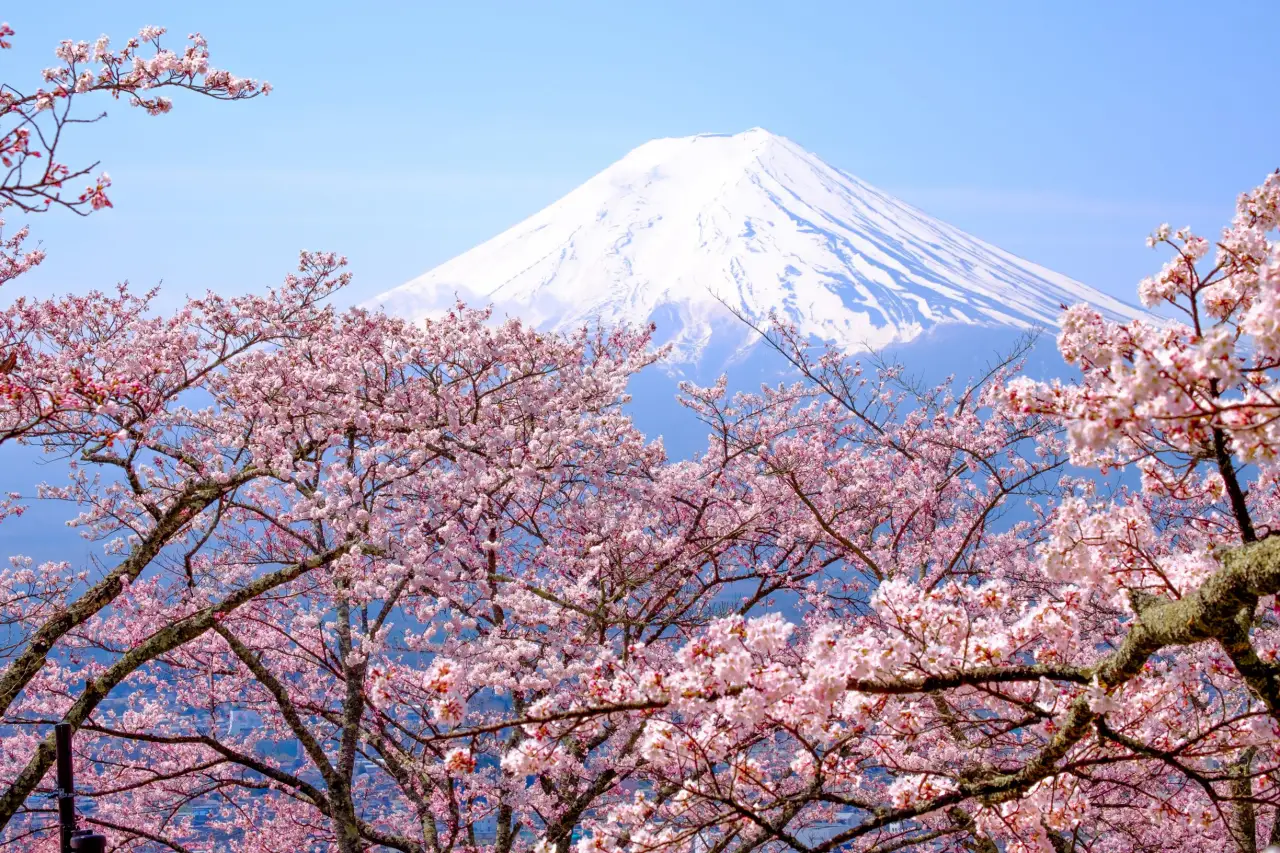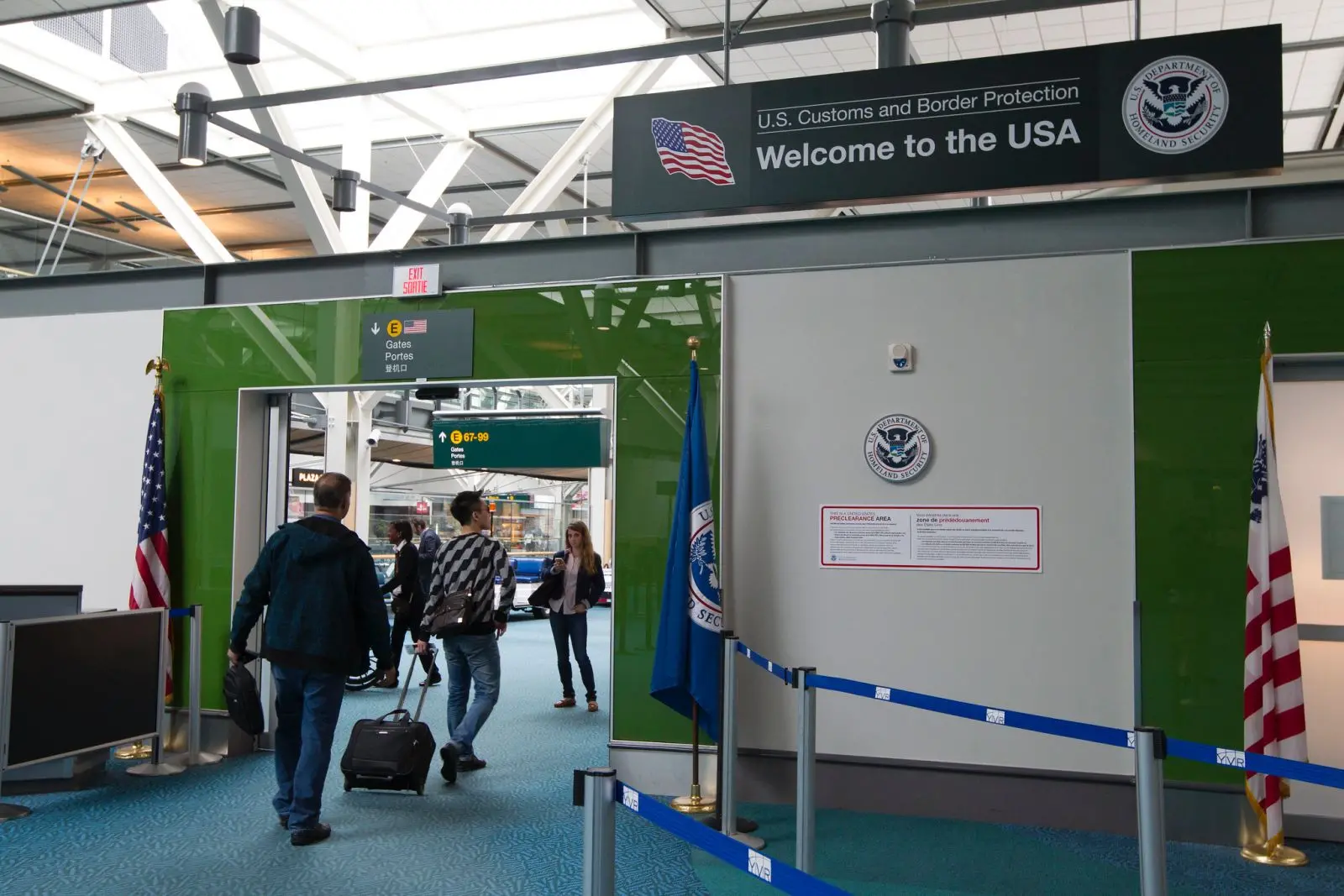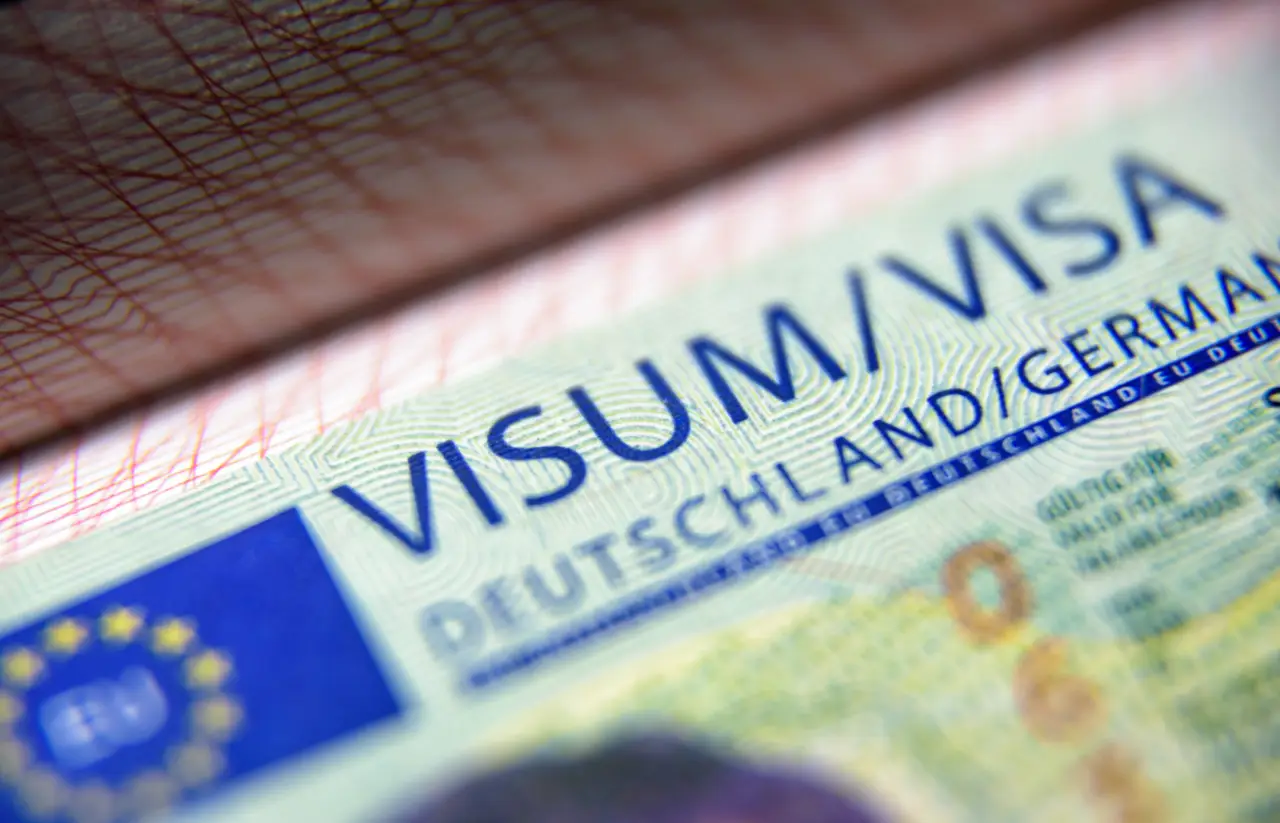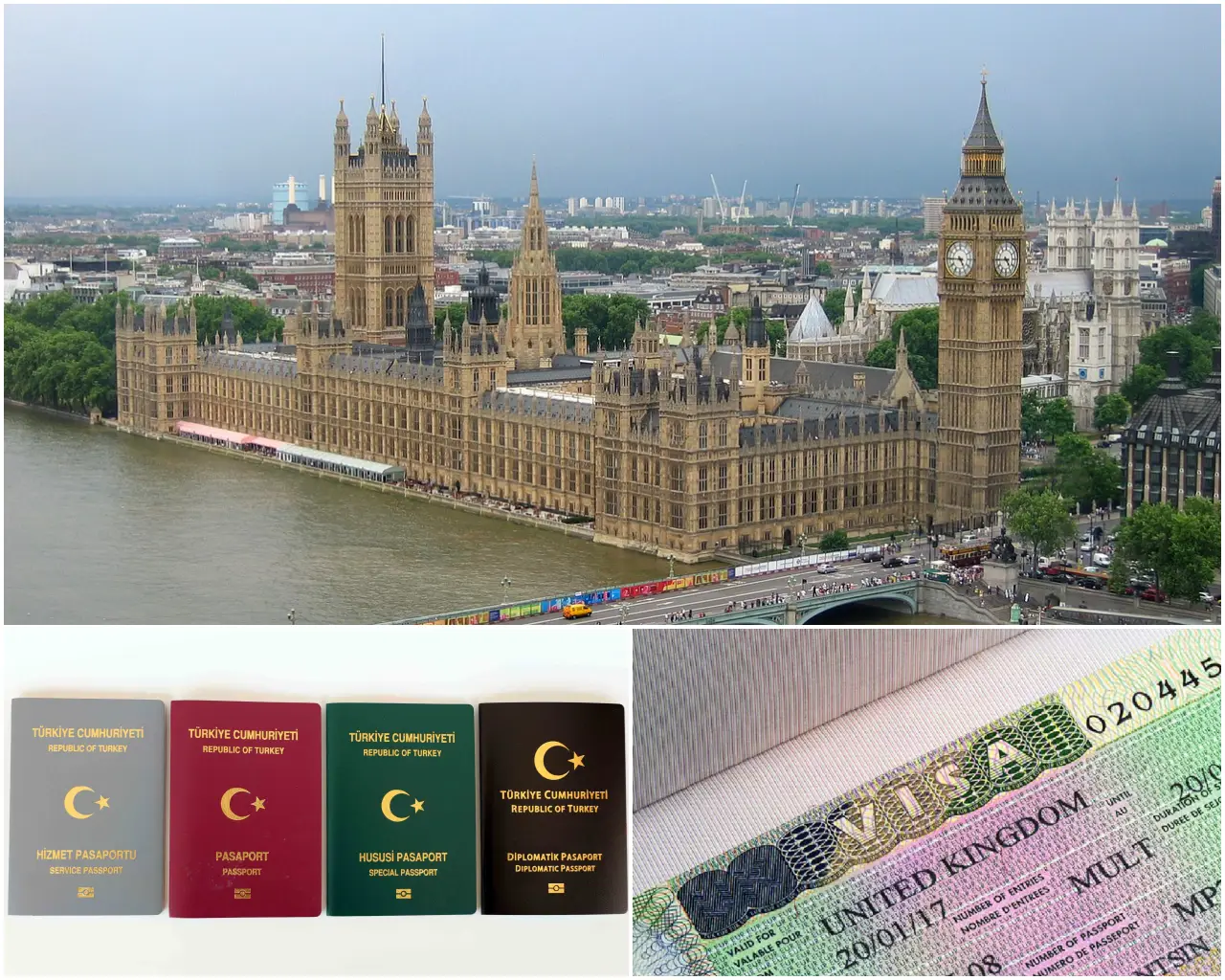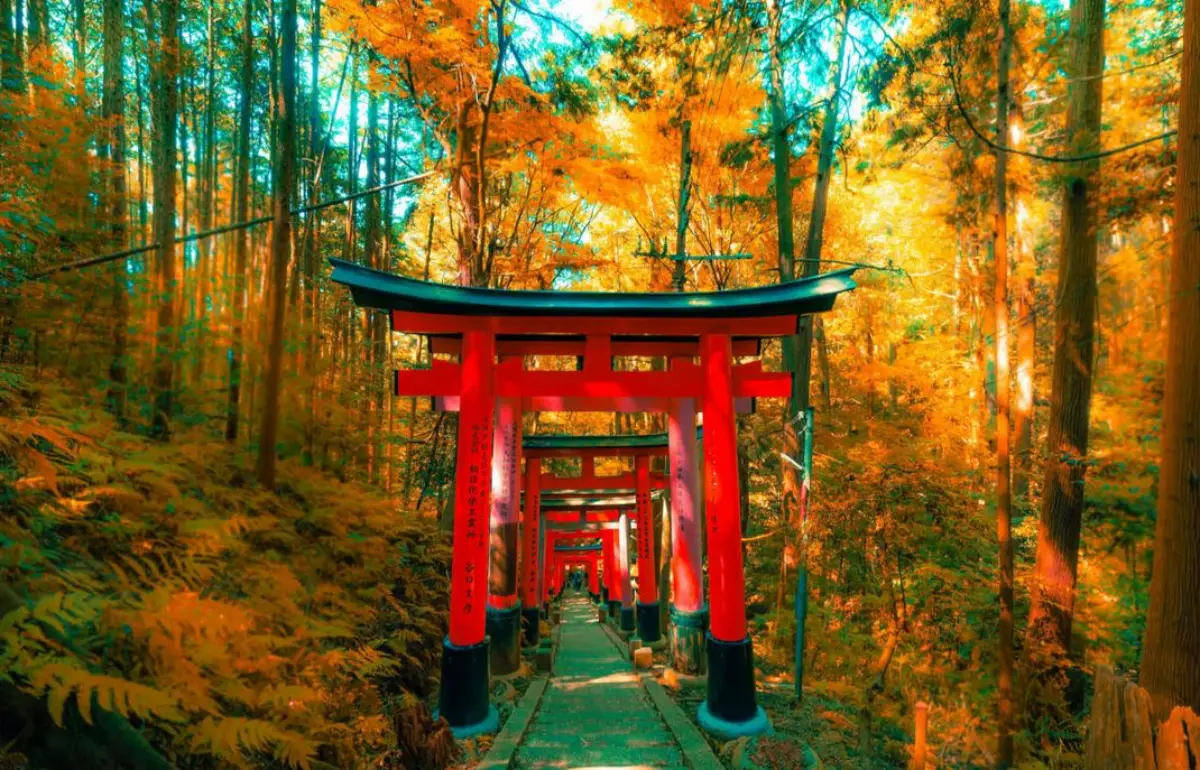The Japanese government is planning to introduce a screening system which will require visitors from 71 visa-exempt regions and countries, to declare certain personal information before entering the country as reported by Japanese daily, Sankei Shimbun.
The government aims to introduce the system by 2030, and it will apply to visitors who travel from visa-exempt countries such as Singapore, Malaysia, USA, UK, Turkey, Spain and UAE, to declare information such as their purpose of entry and intended destination online, before travelling to Japan.
If a visitor is flagged by the system to be at risk of overstaying illegally, he or she will be required to obtain a regular visa. These details will also be checked against a “blacklist” of travelers, including foreign nationals of interest and those with criminal records, which will then notify the airline so they can refuse boarding and prevent these individuals from travelling to Japan.
The new system is said to run in a similar way to ESTA (Electronic System for Travel Authorization) in the U.S., which was introduced as an anti-terrorism measure. Just as ESTA determines the eligibility of visitors to travel to the United States under the Visa Waiver Programme, the Japanese version, which the government has tentatively named JESTA, according to Sora News.
The government says the aim of the new system is to reduce the number of illegal immigrants who come to Japan from visa-exempt countries and regions and remain beyond the valid period of stay, which currently ranges from 14-90 days depending on the nationalities of the visitors.
In July, the Japan National Tourism Organisation said that around 17.78 million travellers visited Japan in the first half of 2024. Visitor numbers in June alone was at 3.1 million, exceeding the 3 million mark for the fourth month in a row, based on a report from The Straits Times.
Japan attracted around 31.9 million visitors in 2019. The Japan Tourism Agency expects visitor numbers to reach 35 million in 2024, which would be a record high for the country. Japan last year attracted over 25 million tourists from abroad, in part buoyed by the lifting of pandemic-era border restrictions, from countries such as South Korea, Singapore and the United States.
But an influx of tourists to Japan has also re-ignited concerns over overtourism in recent months, with local residents complaining of their unruly behaviour and etiquette breaches.
The city of Himeji, in western Japan, was among the latest local governments to express frustrations. The municipality famous for Himeji Castle is mulling making the World Heritage site’s admission fees for overseas tourists six times as expensive as those for local residents as reported by local media.
Another flashpoint around overtourism is Mount Fuji, where a new, crowd-control gate was erected on June 17 along its popular trail. The measure followed a rare step taken last month by an exasperated Japanese town to deliberately block a view of the volcano with a large black barrier, in a bid to deter photo-hungry tourists.

